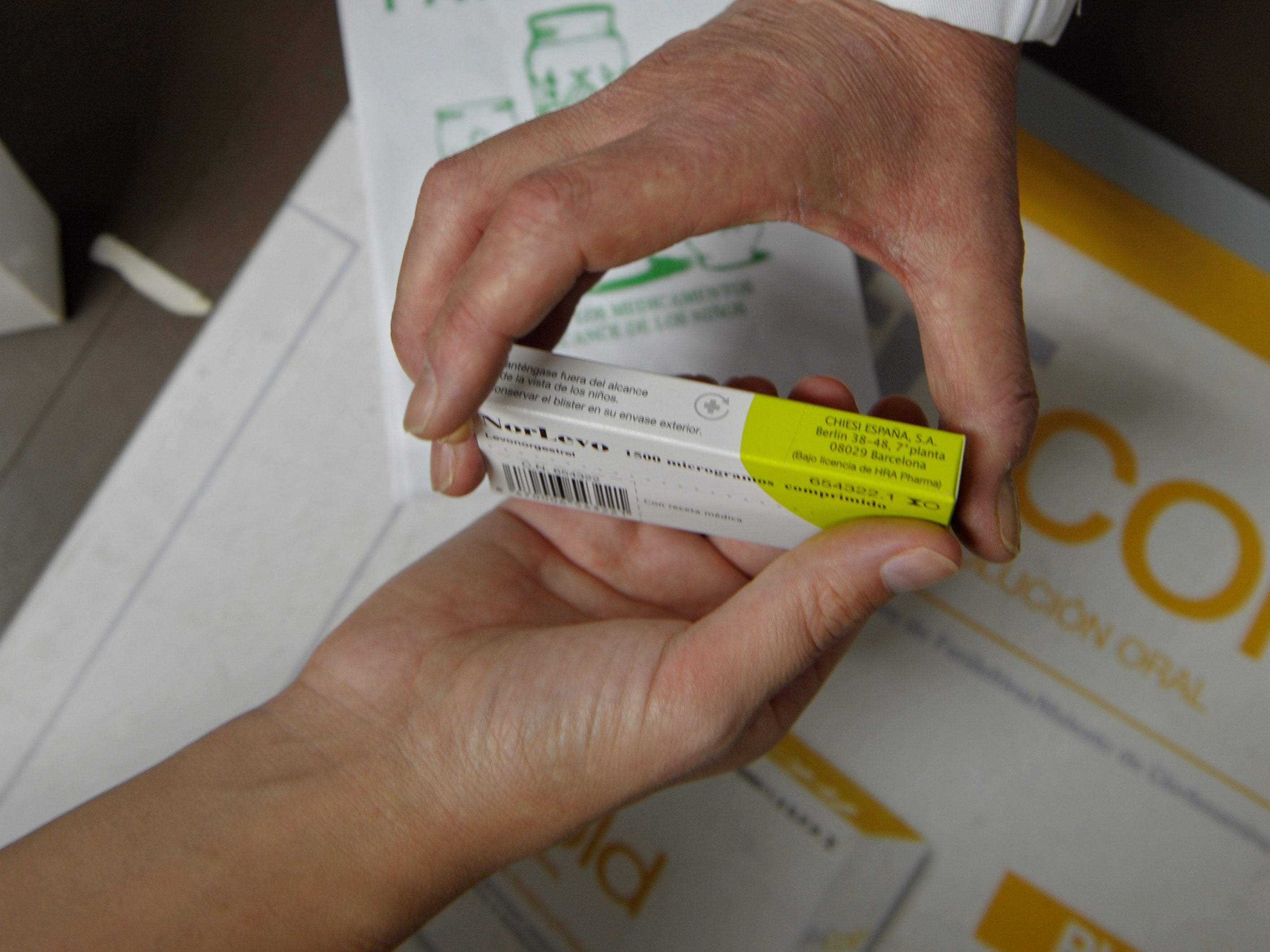Male birth control: Organ transplant drugs could hold the answer to developing 'pill'
Two drugs that help supress the immune system in organ transplant patients could the answer to developing a male contraceptive pill

Two drugs usually given to organ transplant patients could hold the answer to developing a male birth control “pill”, according to new research.
The drugs, cyclosporine and tacrolimus, are given to transplant patients to help supress the immune system and reduce the risk of their body rejecting a new organ.
They work by preventing the immune system from creating an enzyme called calcineurin, a protein which encourages T-cells to attack a new body part.
Studying mice, researchers led by Haruhiko Miyata of Osaka University’s Research Institute for Microbial diseases, identified a version of calcineurin only found in sperm. This version contains a protein called PPP3CC.
They found mice with sperm unable to make, or that made low amounts, of the protein had sex with female mice but didn’t make them pregnant, suggesting an absence of PPP3CC induced infertility in the mice.
The study, published in Science, discovered that sperm with low PPP3CC made the part of the sperm connecting the head to the tail extremely rigid.
This made the entire sperm cell too inflexible to move with enough force to penetrate the membrane surrounding the female egg.
Researchers gave the two drugs that supress the creation of calcineurin to normal mice to find out whether their sperm would be affected.
While the drugs appeared to have no effect on mature sperm cells, which remained flexible, they worked far more effectively on sperm that were still developing.
In the study, regular mice that received either cyclosporine or tacrolimus for two weeks became infertile.
Further tests revealed that it took just four days for the tacrolimus drug to make the mice infertile and five days for cyclosporine to do the same.
When the mice stopped taking the drug their fertility turned to normal after a week.
The researchers said: "Considering these results in mice, sperm calcineurin may be a target for reversible and rapidly acting human male contraceptives”.
Subscribe to Independent Premium to bookmark this article
Want to bookmark your favourite articles and stories to read or reference later? Start your Independent Premium subscription today.


Join our commenting forum
Join thought-provoking conversations, follow other Independent readers and see their replies
Comments